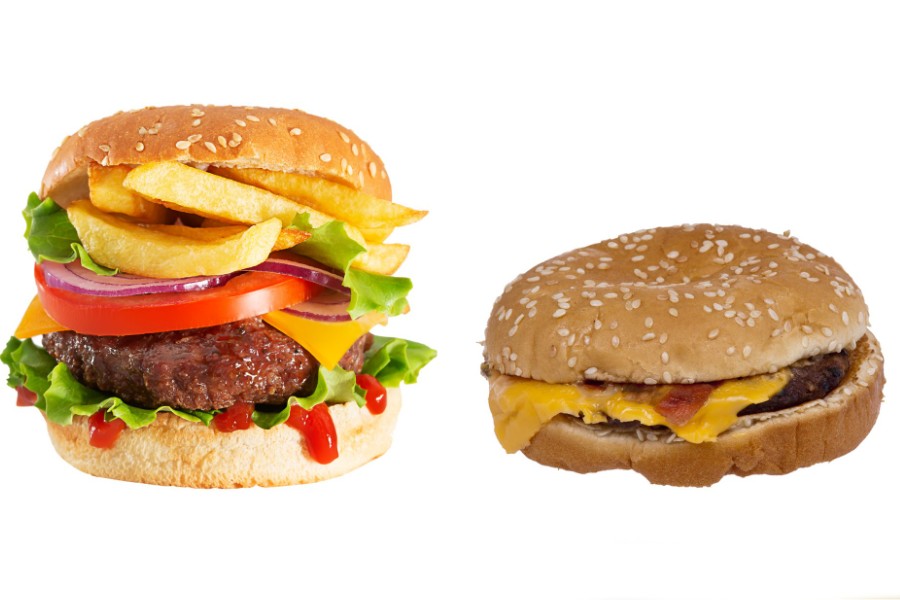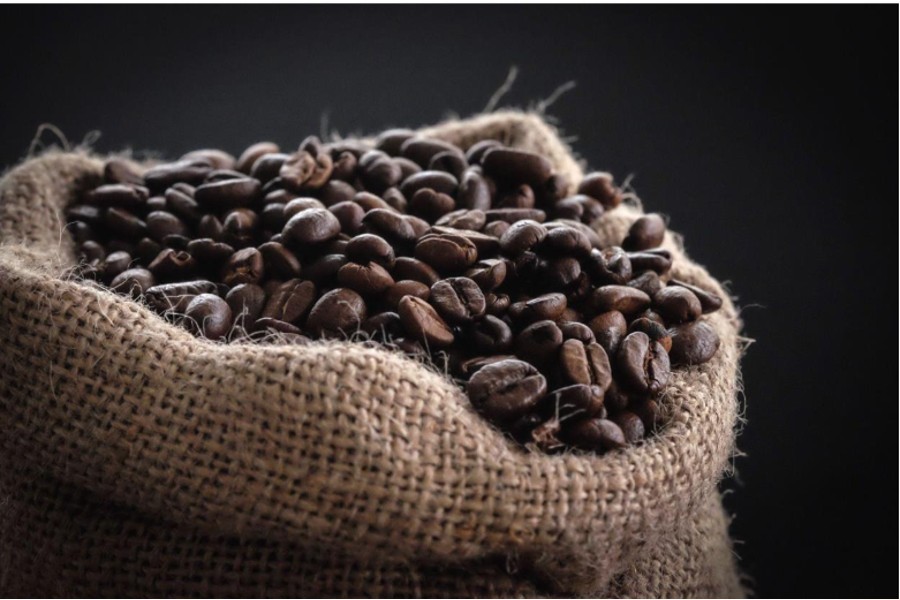
Consumers from Harlem to Hollywood are increasingly holding companies accountable for the claims they make, taking words and images at face value.
The courts are listening.
If you show an ad featuring a large hamburger, then the real thing should measure up, say the plaintiffs who sued Burger King last month, claiming the actual size of the Whopper is 35% smaller than the picture in the ad.
Now it’s Starbuck’s turn. A group of consumers has sued the coffee chain, claiming its “refresher” drinks with fruit like “mango” in their names actually contain no fruit. The plaintiffs, who are seeking class-action status, originally sought damages of $5 million.
The complaint, filed in U.S. District Court in New York, claims the drinks in question are mostly water, grape juice concentrate, and sugar. The plaintiffs argue they would not have paid the “premium” price Starbucks charged if they knew the drinks did not contain any of the fruit in the name. Refreshers cost between $3.95 and $5.95.
Starbucks asked for a dismissal
Attorneys for Starbucks asked the court to dismiss the complaint, arguing that “no reasonable consumer would be misled by the products’ names into thinking that the products contain the missing fruit.”
They further argued that by putting the name of the fruit in the name of the drink, the chain was only suggesting a flavor, not an actual ingredient. If there was any confusion on the part of the customer, they could simply ask a barista, the defense pointed out.
U.S. District Judge John P. Cronan denied the company’s motion to dismiss the case, writing that the plaintiffs adequately made their case that “a significant portion of the general consuming public could be misled by the names of the at-issue beverages.”
The clincher may have been a perceived lack of consistency. The judge noted that some other Starbucks beverages – specifically coffee beverages – are named after their actual ingredients. The judge denied the motion to dismiss the case.
The case is similar to the Burger King lawsuit, which was allowed to proceed on claims of false advertising.
Photo credit: Source.
- Lincoln Theodore Monroe Andrew Perry, “Stepin Fetchit,” The Rise And Fall Of The First Black Super Star, 1902 – 1985
- Sponsored Love: AARP Plan F Benefits, What You Need To Know?
- Discover 5 Reasons Of Class Events Is Perfect For Your Special Day
- Jean Shafiroff Honored At 25th Celebration Of The James Jay Dudley Luce Foundation
- Boston: Smino Honored With Lifetime Achievement Award By Harvard’s Black Men’s Forum
Become a Harlem Insider!
By submitting this form, you are consenting to receive marketing emails from: . You can revoke your consent to receive emails at any time by using the SafeUnsubscribe® link, found at the bottom of every email. Emails are serviced by Constant Contact









